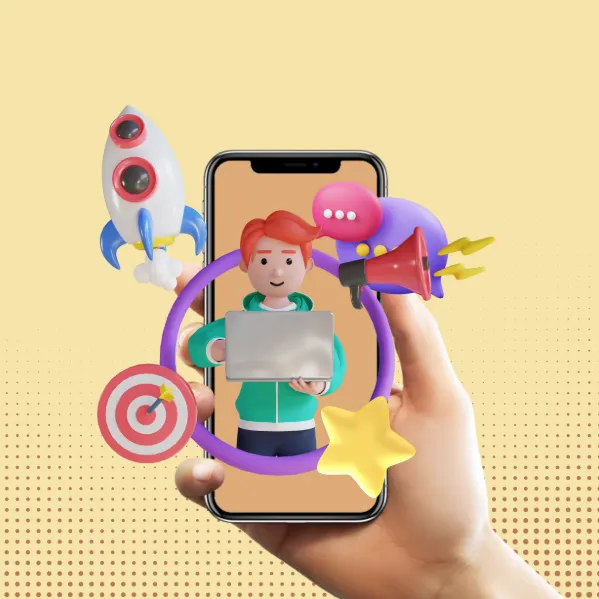Marketing on a budget doesn’t mean you can’t make a big impact. Small businesses often face the challenge of promoting their products or services without the massive advertising budgets that larger corporations have. Fortunately, there are plenty of cost-effective marketing ideas that can help your business grow without breaking the bank. Here are 10 creative and low-cost marketing strategies that can help your business thrive.
1. Create a Clear Marketing Plan
Before diving into marketing, it’s crucial to outline a plan. Identify your target audience and determine which marketing channels—whether social media, email, or local outreach—are most effective for reaching them. A well-thought-out marketing strategy keeps your efforts focused and ensures that each action you take aligns with your business goals.
2. Start a Company Blog
A blog is an excellent way to engage your audience and showcase your expertise. Regularly publishing valuable, informative content helps establish your business as a thought leader in your industry. It also improves your website’s SEO, driving more organic traffic to your site over time. Plus, it’s a great tool for building trust with your audience.
3. Maximize Social Media Engagement
Social media is a powerful tool for small businesses, and the best part is, it’s free! Focus on the platforms where your target audience is most active, and share engaging content that resonates with them. Whether it’s product tips, behind-the-scenes looks, or customer stories, social media allows you to connect with your customers and boost brand awareness without a significant financial investment.
4. Position Your Brand as an Expert
Establishing your brand as a subject matter expert can attract more customers and foster loyalty. Offer free resources, host webinars or workshops, or contribute to industry forums. By providing value and showcasing your knowledge, you’ll build trust with your audience, making them more likely to choose your business over competitors.
5. Use Visuals to Enhance Your Content
Humans are visual creatures, so using images, infographics, and videos in your marketing materials can significantly boost engagement. Visual content is not only more engaging but also more shareable, which can help increase your reach and drive traffic to your website.
6. Invest in a Professional Website
Your website is often the first impression potential customers have of your business. Invest in a clean, user-friendly, and mobile-optimized website. A well-designed website boosts credibility and increases the likelihood of turning visitors into customers. It’s an essential tool for any small business aiming to make a strong online presence.
7. Partner with Influencers
Influencer marketing doesn’t have to be expensive. Partnering with influencers or micro-influencers in your industry can be a highly effective way to build brand awareness. Look for influencers whose values align with your brand and engage them for sponsored content, reviews, or giveaways to increase your visibility without a large budget.
8. Harness the Power of Email Marketing
Email marketing remains one of the most cost-effective ways to nurture relationships with both current and potential customers. Build an email list of individuals who have shown interest in your products or services, then keep them engaged with newsletters, special offers, and updates. Personalizing your emails based on customer behavior can increase open rates and conversions, making email marketing a powerful tool for small businesses.
9. Collaborate with Local Businesses
Team up with other local businesses to create mutually beneficial partnerships. This could include co-hosting events, cross-promoting each other’s products, or joining local business networks. Collaborating with others in your community helps you reach new customers and creates a supportive local business ecosystem.
10. Encourage Customer Reviews
Online reviews are essential for small businesses as they provide social proof and help establish trust. Encourage satisfied customers to leave reviews on platforms like Google, Yelp, or Facebook. Offer incentives like discounts or freebies to motivate reviews, and always respond to both positive and negative feedback to show that you value customer input.
Conclusion
Effective marketing doesn’t have to cost a fortune. By being creative and resourceful, small businesses can use these budget-friendly strategies to grow their customer base, increase brand awareness, and build lasting relationships. The key is to remain consistent, engage with your audience, and keep experimenting to see what works best for your brand.





